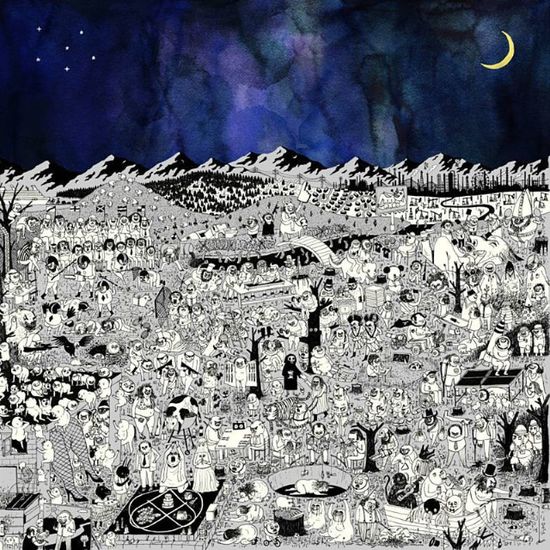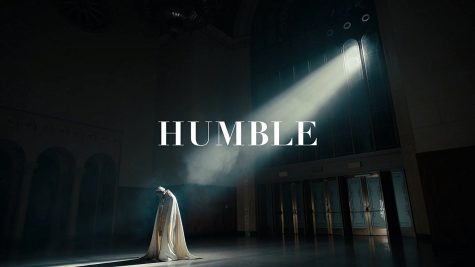WVAU’s #10 SOTY: “Pure Comedy” by Father John Misty

December 22, 2017
Photo from The Sound of Vinyl
Father John Misty, or FJM as I frequently see him referred to online, is an artist that I have frequently been recommended to listen to. However, I never could truly get into his music. It wasn’t that it was bad, or that I didn’t like it, but it never truly grabbed me and forced me to stop and listen. He’s a talented musician and creates great art, but I usually walked away satisfied with my first listening. That being said, when FJM released his newest album, Pure Comedy, I of course gave it a chance. And while it didn’t make my personal top 10, it definitely would be top 20 for this year—a feat for such a musically strong year. But the opening title track, contrasting most of FJM’s catalog, grabbed me and has definitely earned many repeated listens—primarily because I agree with the song’s overall message but am also at fundamental odds with a few things he presents in it—especially about religion.
But, since this isn’t an Another Kind of Currency article, I’ll spare you all a close reading of the lyrics and their meaning and I’ll try to squeeze it into a paragraph or so. The track opens, quite oddly, with vaporwave-esque samples of commercial jingles and news reports before the slow, piano ballad starts. It took me, a vaporwave fan, by surprise and I had to double check I was listening to the right album the first time I heard it. But after a few verses backed solely by the piano, the rest of the band joins in on the chorus, further emphasizing the overall point of the song, as FJM ties together the issues he presented earlier:
Comedy
Now that’s what I call pure comedy
Just waiting until the part where they start to believe
They’re at the center of everything
And some all-powerful being endowed this horror show with meaning
But it was there that I started to lose him at first. I was down for a good old song about the absurd nature of this world and was sort of expecting it to go along in a similar fashion. But instead we get a holier-than-thou pseudo-rant where FJM places himself outside the human race—and seemingly outside the problem. I can deal with the edgy atheists who generally think they’re better than those who subscribe to any major religion. What I can’t deal with is anybody who points out issues in others—or even in society—without noting that they are part of the problem. Because fundamentally, as a human, we are all part of any problem that is facing humanity. And FJM otherizing everyone by using the pronoun “them” throughout the middle section does exactly that.
Still, despite the frustrating middle section, I persevered and was rewarded with a kickass fully-fleshed-out symphonic instrumental break that harkens back to the songs topping the charts back in the 1970s. The strings swell and the saxophones provide incredible melodies and countermelodies. I couldn’t really stay mad after hearing it. And, for the most part, FJM drops some of the aggressively edgy atheist schtick and instead goes after people that are overly ideological. Including, of course, those who refuse to look outside their religious beliefs but those who refuse to look outside their political beliefs. Individuals on the far right as much as individuals on the far left are being criticized here.
Oh, comedy
their illusions have no choice but to believe
Their horizons that just forever recede
And how’s this for irony:
Their idea of being free is a prison of beliefs
That they never ever have to leave
Of course, within the context of the anti-religion middle section, it sounds like FJM is only talking about religion, but I believe he’s expanding to apply to any strict ideology here. Given all the strong explicitly religious imagery in the previous section, its absence here is glaring.
Woo. Sorry. I got off on a tangent there. But as I’ve always believed, good art is art that gets you thinking and expressing your opinions. An the fact that FJM got that out of me fundamentally proves that this song is well-written and, thus, a great piece of art—and one of the best songs of the year. I may not agree with FJM’s anti-religion sentiments, but that doesn’t mean he didn’t write a damn fine song here.














